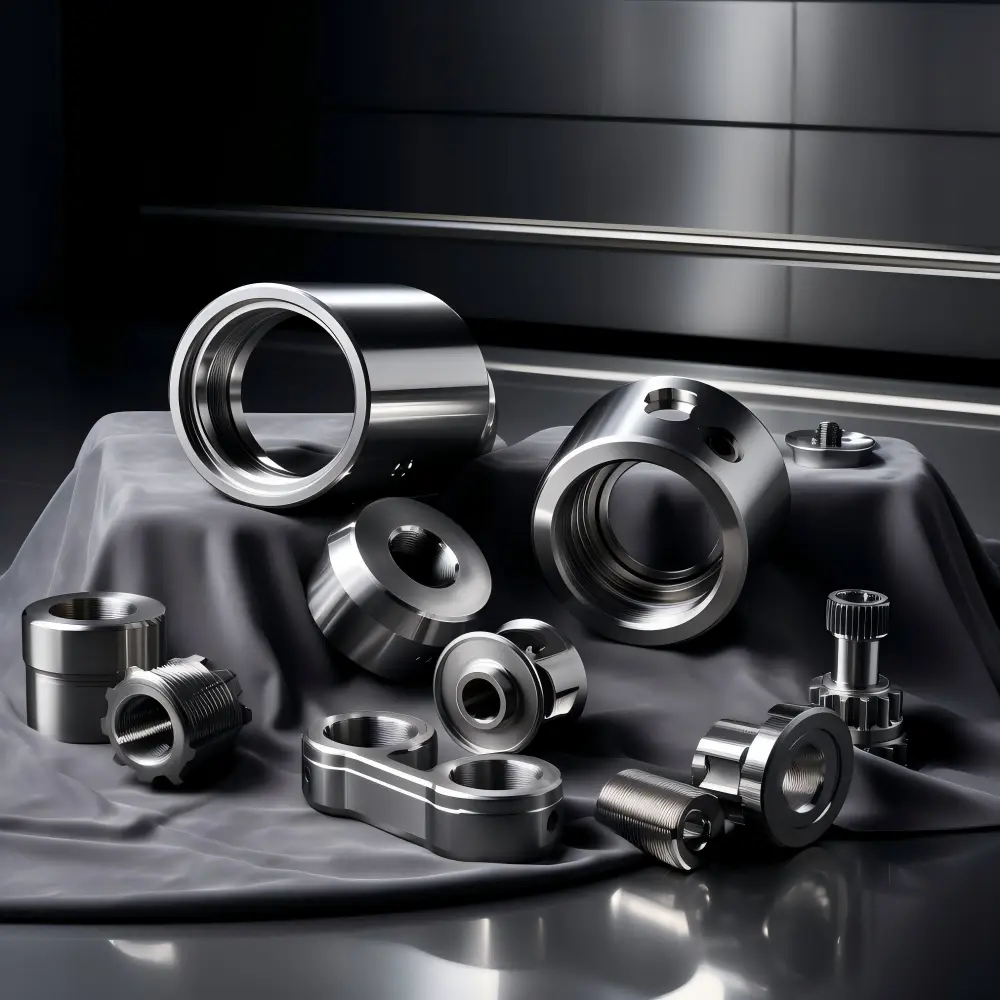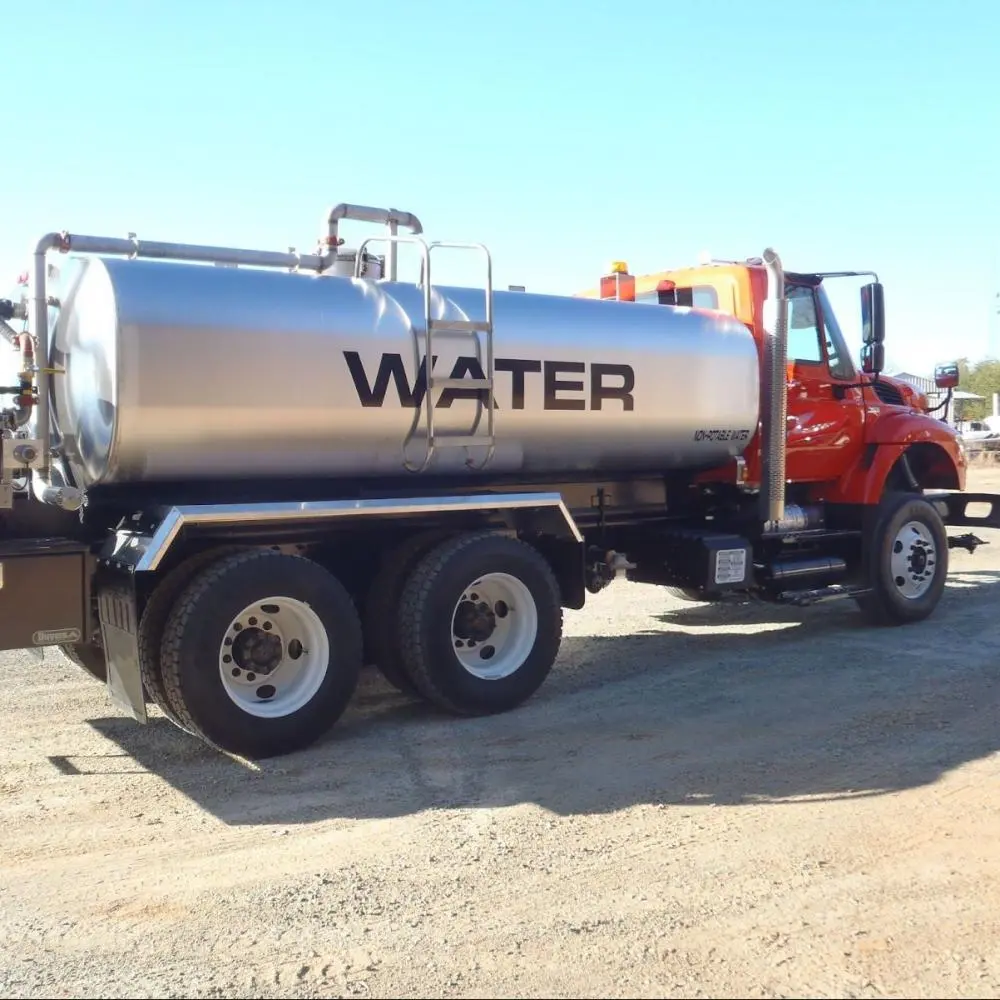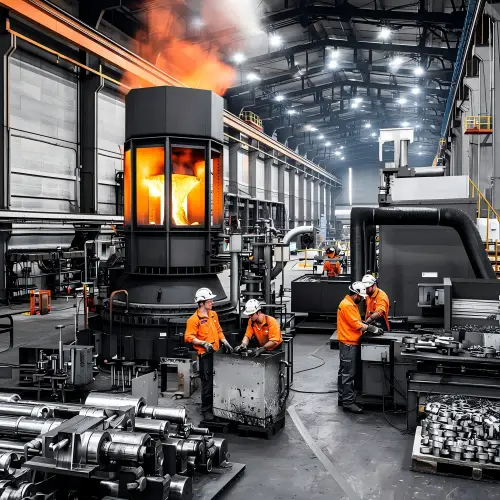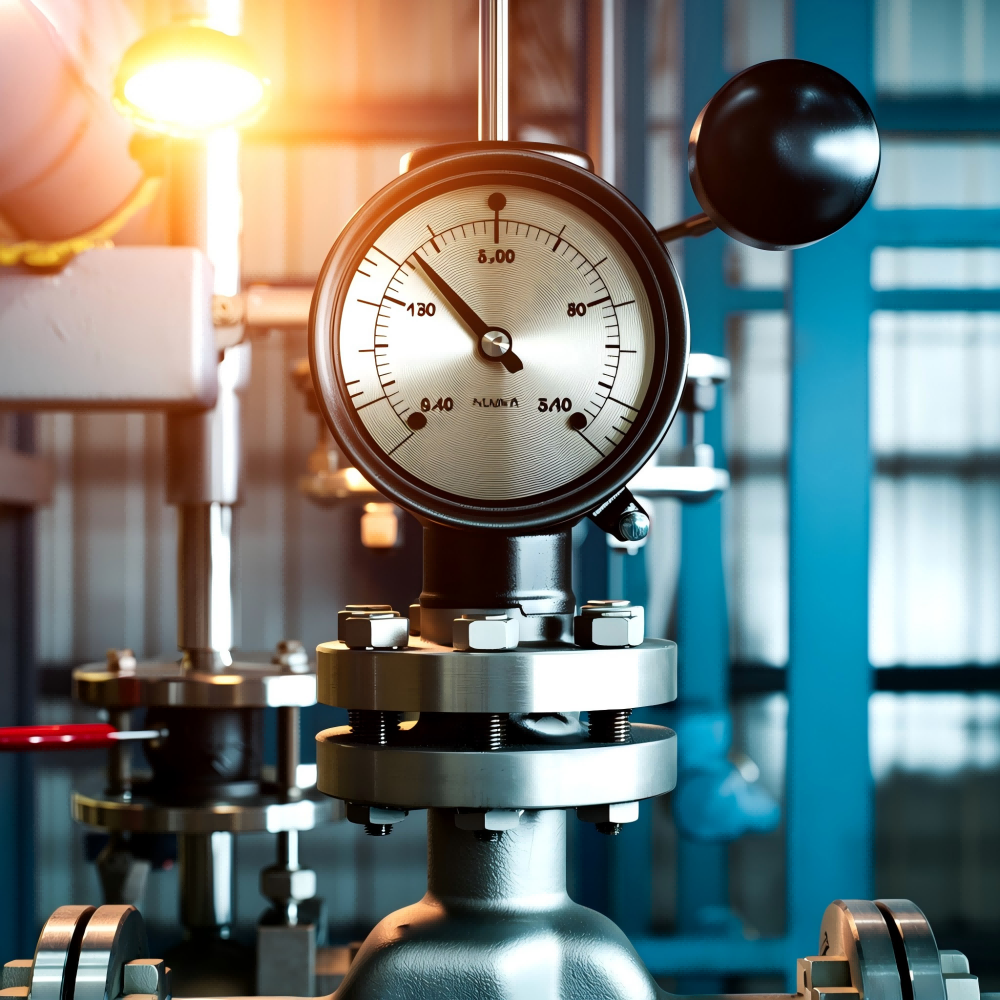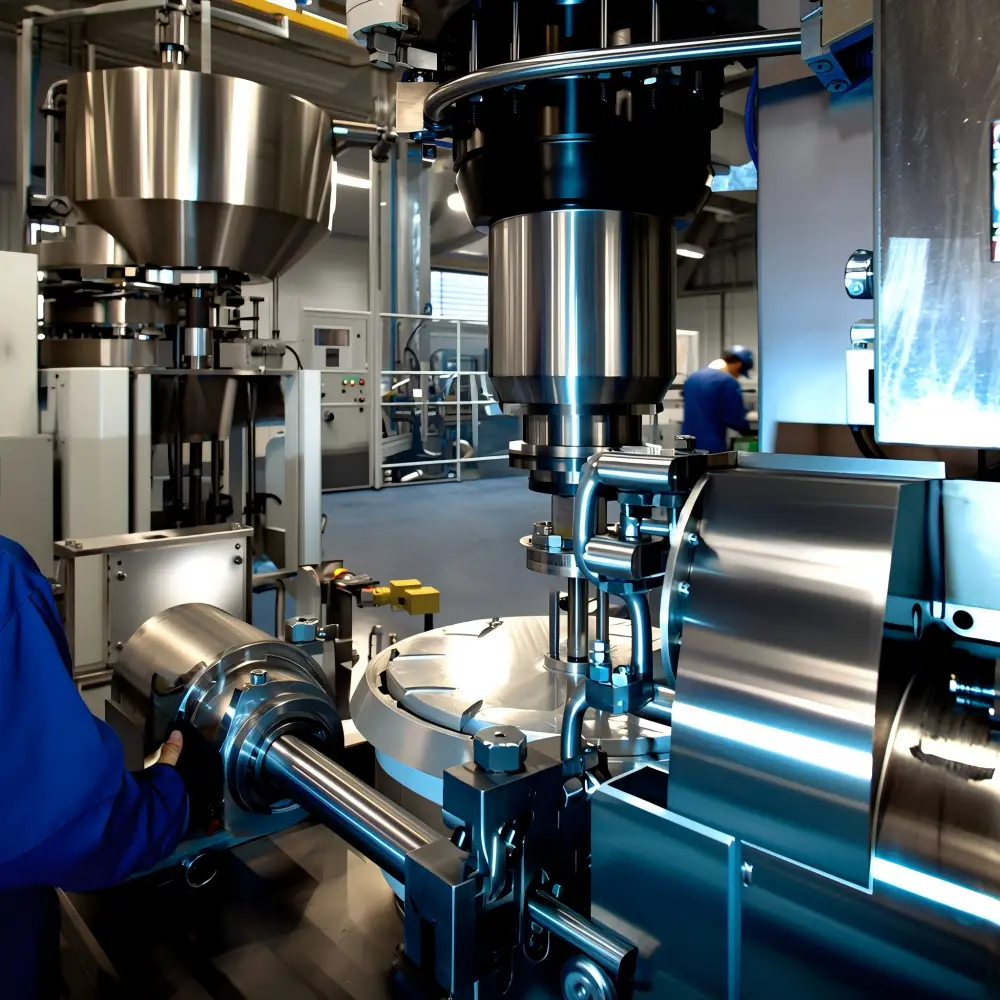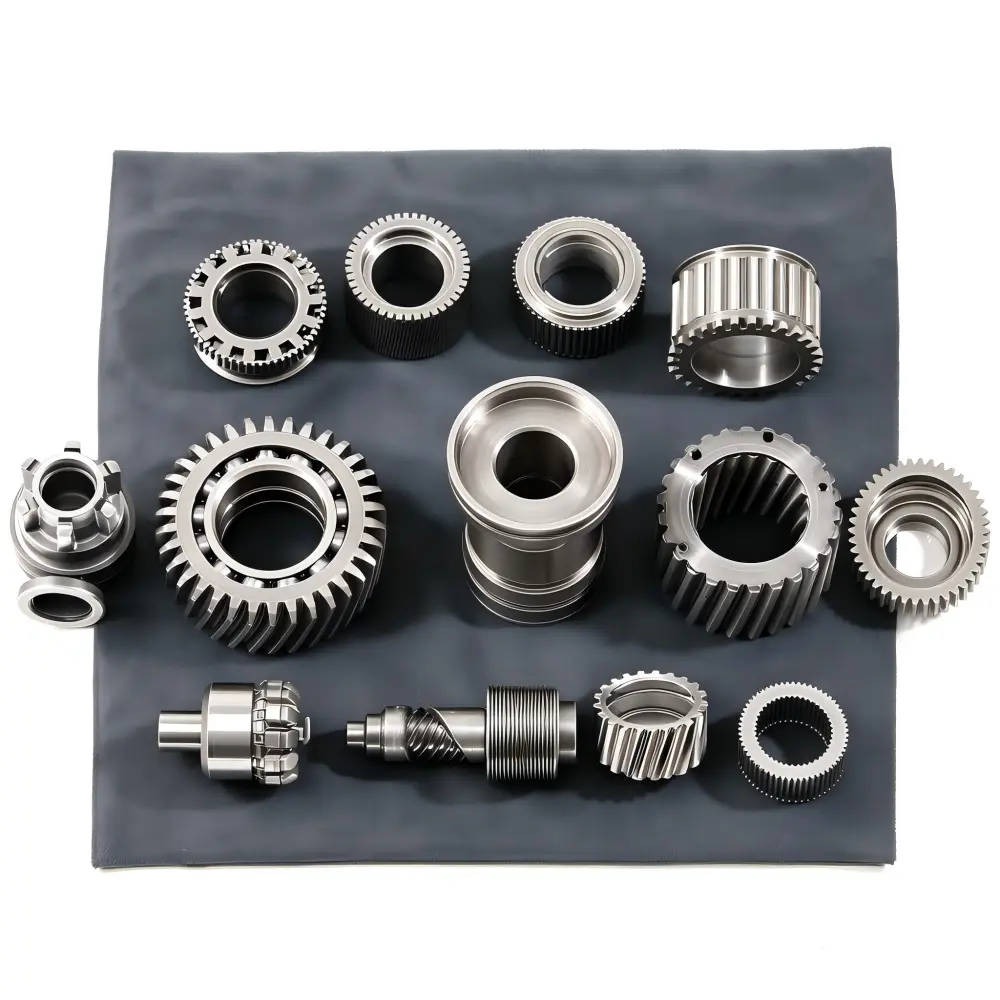Tin Bronze Precision Castings for Oil Pump Parts
Tin bronze precision castingsare essential in the production of oil pump parts. This alloy provides outstanding durability and corrosion resistance, making it perfect for components that face challenging conditions. The high mechanical properties of tin bronze, such as strength and ductility, guarantee dependable performance in demanding environments. Choosing materials like tin bronze significantly affects the efficiency and lifespan of oil pumps. Its capability to resist wear and offer a low friction coefficient against steel further boosts its appropriateness for oil pump applications. These qualities make tin bronze an invaluable choice for Precision Castings in oil pump parts.
Benefits of Tin Bronze
Wear Resistance
Tin bronze precision castings exhibit remarkable wear resistance, making them ideal for oil pump parts. This alloy's ability to withstand metal-to-metal contact ensures longevity and reliability in components such as bearings and bushings. The high tin content in these alloys strengthens the material, allowing it to endure heavy loads and reduce friction against steel surfaces. This wear resistance is crucial for oil pump parts that operate under continuous stress and high-pressure conditions.
Strength and Durability
The strength and durability of tin bronze precision castings make them a preferred choice for oil pump parts. Tin acts as a solid solution strengthener in copper, enhancing the mechanical properties of the alloy. This results in a high load-carrying capacity and the ability to withstand pounding, which is essential for components like gears and pump impellers. The robust nature of tin bronze ensures that oil pump parts maintain their structural integrity even in harsh environments, contributing to the overall efficiency and lifespan of the pump.
Machinability
Tin bronze precision castings offer excellent machinability, which is vital for producing intricate oil pump parts. The addition of lead in some tin bronze alloys improves machinability without significantly compromising strength. This allows manufacturers to create precise components with complex geometries, ensuring optimal performance in oil pumps. The ability to machine tin bronze efficiently reduces production time and costs, making it a cost-effective solution for high-performance oil pump parts.
Specific Applications in Oil Pumps
Bearings
Tin bronze precision castings play a crucial role in the manufacturing of bearings for oil pump parts. These bearings must endure high loads and continuous operation, making the strength and durability of tin bronze essential. The alloy's excellent wear resistance ensures that bearings maintain their integrity over time, reducing the need for frequent replacements. Tin bronze's ability to withstand metal-to-metal contact without significant wear makes it an ideal choice for bearings in oil pumps, where reliability is paramount.
Bushings
Bushings, another vital component of oil pump parts, benefit significantly from the use of tin bronze precision castings. The alloy's mechanical properties, including its strength and hardness, provide bushings with the ability to support rotating shafts and reduce friction effectively. Tin bronze's corrosion resistance further enhances the longevity of bushings, especially in environments where exposure to harsh substances is common. This makes tin bronze a preferred material for bushings in oil pumps, ensuring smooth operation and minimal maintenance.
Gears
Gears in oil pump parts require materials that can handle high stress and provide consistent performance. Tin bronze precision castings offer the necessary strength and durability for gears, allowing them to transmit power efficiently within the pump system. The alloy's machinability also enables the production of gears with precise dimensions and intricate designs, which are essential for optimal functionality. Tin bronze's ability to resist wear and corrosion ensures that gears remain operational under demanding conditions, contributing to the overall efficiency of oil pumps.
Comparison with Other Materials
Tin Bronze vs. Aluminum
-
Corrosion Resistance: Tin bronze exhibits excellent corrosion resistance, making it suitable for oil pump parts exposed to harsh environments. Aluminum, while also resistant to corrosion, particularly in marine settings, does not match the durability of tin bronze in high-pressure oil pump applications.
-
Mechanical Properties: Tin bronze offers superior mechanical properties, including high strength and wear resistance. These qualities make it ideal for components like bearings and gears. Aluminum, although strong, provides mechanical properties comparable to medium-carbon steel, which may not be sufficient for all oil pump applications.
-
Cost Considerations: Tin bronze tends to be more expensive due to its composition and the presence of tin, which enhances its mechanical properties. Aluminum, being more abundant, generally presents a more cost-effective option. However, the long-term benefits of tin bronze in terms of durability and performance often justify the higher initial investment.
Tin Bronze vs. Steel
-
Wear Resistance: Tin bronze excels in wear resistance, particularly in applications involving metal-to-metal contact, such as bearings and bushings. Steel, while strong, may not offer the same level of wear resistance without additional treatments or coatings.
-
Corrosion Resistance: Tin bronze naturally resists corrosion, especially in environments with seawater or brines. Steel, on the other hand, requires protective coatings or treatments to achieve similar levels of corrosion resistance, adding to maintenance requirements.
-
Machinability: Tin bronze's machinability allows for the production of precision castings with intricate designs, essential for oil pump parts. Steel, although machinable, often demands more energy and time to achieve the same level of precision, potentially increasing production costs.
Case Studies or Examples
Real-World Applications
Tin bronze precision castings have proven their worth in various real-world applications, particularly in the oil pump industry. One notable example involves the use of tin bronze in electric water pumps. These pumps benefit from the alloy's resistance to cavitation and wear, ensuring long-lasting performance. The combination of cost-effectiveness and corrosion resistance makes tin bronze an ideal choice for components like casings and impellers. This application highlights the alloy's ability to withstand harsh conditions while maintaining efficiency.
Another significant application of tin bronze is in the manufacturing of gears and bearings. These components require materials that can endure high stress and provide consistent performance. Tin bronze's excellent castability and high resistance to corrosion make it a preferred material for these intricate parts. The alloy's mechanical properties ensure that gears and bearings operate smoothly, reducing maintenance needs and prolonging the lifespan of the equipment.
Industry Feedback
Feedback from the industry underscores the value of tin bronze in oil pump components. Professionals in the field consistently praise the alloy for its versatility and mechanical properties. A representative from Abravan Company noted the advantages of bronze hot oil pumps, emphasizing reduced axle wear compared to cast iron pumps. This reduction in wear results from tin bronze's resistance to rust-induced swelling, which extends the pump's lifespan.
Industry experts also highlight tin bronze's corrosion resistance as a key factor in its widespread use. The alloy's ability to resist degradation in harsh environments makes it a reliable choice for oil pump parts. This reliability translates into fewer replacements and repairs, ultimately saving time and resources for manufacturers and operators alike.
In summary, real-world applications and industry feedback both affirm the benefits of tin bronze precision castings in oil pump parts. The alloy's durability, wear resistance, and corrosion resistance make it an invaluable asset in the production of high-performance components.
Tin bronze stands out as a superior choice for oil pump components due to its exceptional properties. Its corrosion resistance, combined with wear resistance and high strength, ensures longevity and reliability in demanding environments. The alloy's mechanical qualities, including strength and ductility, make it ideal for precision castings. Tin bronze's ability to withstand high stress and maintain performance under heavy loads reinforces its impact on oil pump efficiency. As industries seek durable solutions, considering tin bronze for future oil pump designs promises enhanced performance and reduced maintenance needs.






